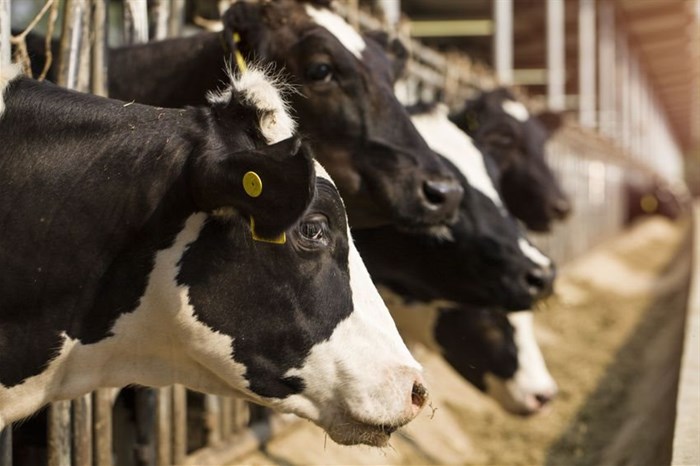
Related
Top stories





Marketing & MediaWarner Bros. was “nice to have” but not at any price, says Netflix
Karabo Ledwaba 1 day

More news

Logistics & Transport
Maersk reroutes sailings around Africa amid Red Sea constraints

















"The fact is that cash flows are at an all-time low, and, while there has been good rain, the crippling drought is far from broken. In the midst of this new crisis, farmers desperately need to replenish breeding stocks."
The crisis that South Africa’s livestock industry is facing due to recurring outbreaks of FMD, combined with the ongoing drought, is having a huge impact on the industry and costing it – and the national economy – billions of rand, said Stern.
Fresh from attending in-depth talks on the crisis, Stern said: "The impact of the current outbreak is uncertain, but it could conceivably exceed R10bn, resulting in a loss to the fiscus of about R2bn in tax revenue. It is imperative that the government steps in and does something."
We need a comprehensive and cohesive strategy to address this problem for the future. If we don't get the basics right on this, we are not going to succeed.
"Meat prices could soar by about 20%," he warned, adding: "We are already set to lose about 30% of our farming population to the drought."
Stern said the most challenging factor facing the livestock sector was the lack of a coordinated and nationally approved identification and tracking system for livestock. The absence of such a system limited the country’s participation in potential export markets, he said, adding that discussions over the implementation of a Livestock Identification and Traceability System (LITS) had been ongoing since 2011.
"We need a comprehensive and cohesive strategy to address this problem for the future. If we don't get the basics right on this, we are not going to succeed. For South Africa to access the global beef and sheepmeat market, traceability systems need to be put into place.
"We need to move forward, not only in Limpopo, where the movement of stock is not being properly monitored but in all the provinces, especially the Eastern Cape.
"A fully functional livestock identification and traceability system in the industry will bring big potential for improving animal health and simplify access to international markets, leading to higher income for farmers.
"Besides the facilitation of animal movement control and health control by an identification and traceability system, it is also a key principle of food safety, which implies control from the farm to the table."
• Consumers locally and internationally decide not to buy products that are related to livestock, such as red meat, dairy and wool, causing export revenue to decrease significantly;
• Loss in market share that is difficult and costly to regain, and possible long-term harm to a country’s reputation due to changing local and international consumer perceptions;
• Damage to local production capacity and disruption of local value chains.
"These potential effects can be amplified if a country like South Africa has developed a reputation for animal disease outbreaks like foot and mouth, Rift Valley fever and African swine fever," Stern said.
"It is therefore of utmost importance to maintain good animal health if a country wants to compete in international markets."